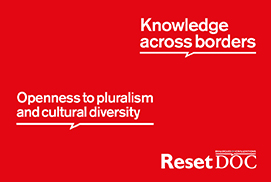Editorial Board 23 October 2024
The ecclesiastical ties between Russia and Ukraine are crucial to understanding the ongoing conflict and envisioning peace. Ukraine’s Orthodox community is divided, with over half aligning with the autocephalous Kyiv Patriarchate established in 2019, while 40 percent remain loyal to the Moscow Patriarchate, which views Kyiv as the birthplace of Russian Orthodoxy. Recently, all three branches of the Ukrainian Orthodox Church have declared independence from the Russian Orthodox Church, distancing themselves from Patriarch Kirill’s support for the war. Will faith overcome power politics and help to bring peace to the region?




